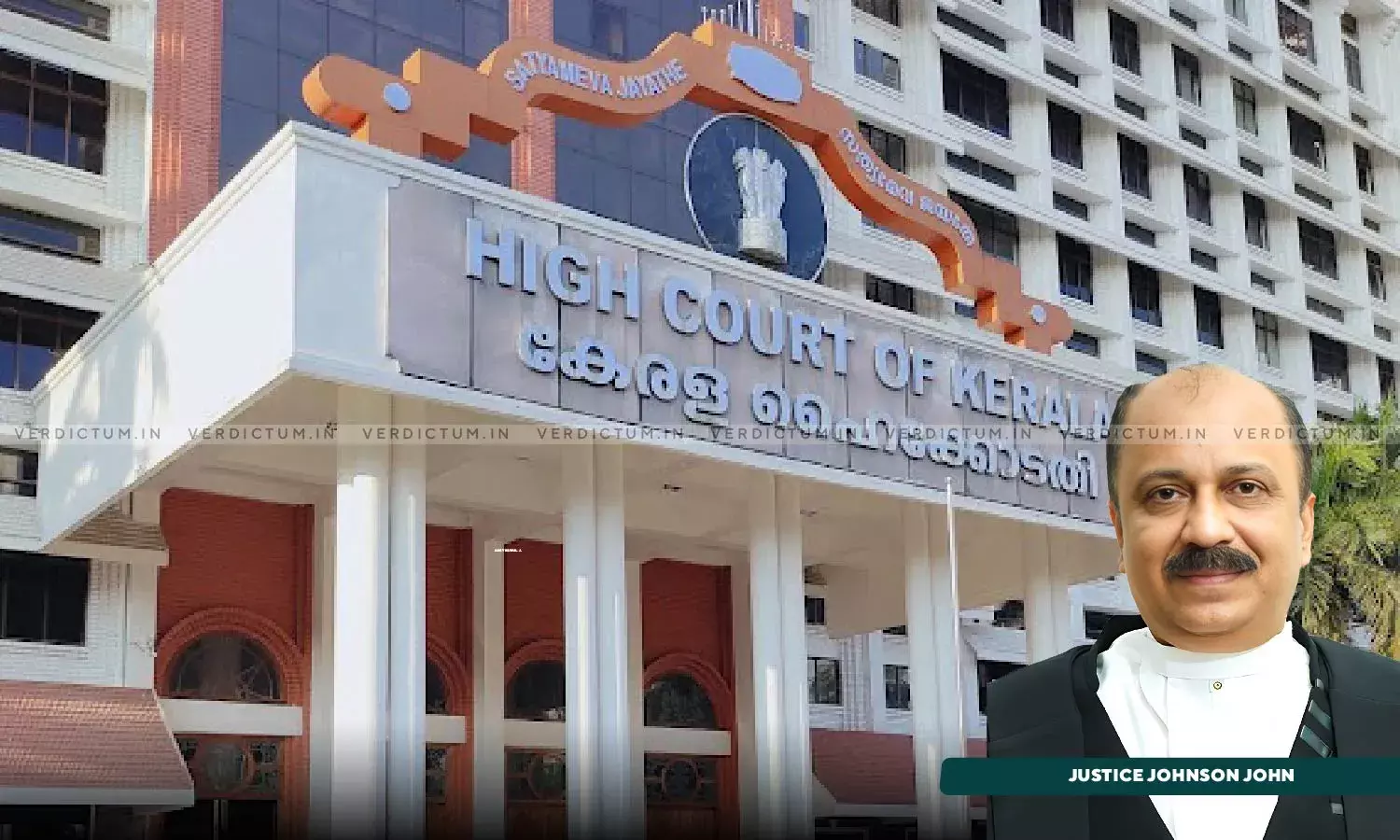Unless Former Statement Of Witness Has Potency To Discredit Later Statement, It Won’t Be Helpful To Contradict Him: Kerala HC
The Kerala High Court observed that unless the former statement of witness has the potency to discredit the later statement, it will not be helpful to contradict that witness.
The Court observed thus in a criminal appeal preferred by two accused persons challenging the conviction and sentence imposed on them by the Trial Court for the offences under Sections 450, 324, and 307 of the Indian Penal Code (IPC).
A Single Bench of Justice Johnson John remarked, “Ordinarily a witness cannot be expected to recall accurately the sequence of events which took place in rapid succession or in a short span of time. A former statement, though seemingly inconsistent with the evidence, need not necessarily be sufficient to amount to contradiction. Unless the former statement has the potency to discredit the later statement, even if the latter statement is at variance with the former to some extent, it would not be helpful to contradict that witness.”
Advocates V. Vinay and S. Rajeev represented the appellants/accused while Senior Public Prosecutor Vipin Narayan represented the respondent/State.
Facts of the Case -
As per the prosecution case, the accused persons, 9 in number, because of political enmity and in furtherance of their common object to commit the murder of a person, formed themselves into an unlawful assembly armed with deadly weapons in the year 1998. They trespassed into the veranda of the house of the said person and when he came there hearing the calling bell, the first accused caught on his shirt collar and assaulted him with sword, aiming the right side of his neck. The second accused inflicted a cut injury near the left side knee of that person with sword and the third accused beat him with iron rod on his right hand.
The remaining six accused persons also beat that person on various parts of the body with iron rods and sticks. Therefore, an FIR was registered and charges were framed for the offences punishable under Sections 143, 147, 148, 448, 450, 324, and 307 read with Section 149 of IPC. The Additional Sessions Judge acquitted accused nos. 3 to 9 on account of benefit of doubt. Whereas, the accused nos. 1 and 2 (appellants) were convicted and sentenced. Being aggrieved by the judgment of the Trial Court, the appellants approached the High Court.
The High Court after hearing the contentions of the counsel noted, “It is well settled that if it is intended to contradict a witness by his previous statement in writing, the attention of the witness must be drawn to those parts of it, before the writing is proved.”
The Court said that in the case, no portion of the previous statement was specifically brought to the attention of witnesses while cross examining them and no portion of their previous statement is proved legally to contradict them.
“In that circumstance, I find no material contradiction or omission amounting to contradiction in the evidence of PWs 1 to 4. Further, the evidence of PWs 1 to 4 regarding the occurrence is also supported by clear medical evidence. … It is also well settled that the evidence of the injured witness has greater evidential value and unless compelling reasons exist, their statements are not to be discarded lightly”, it added.
The Court concluded that the Trial Court rightly convicted the appellants and hence, there is no reason to interfere with the sentence imposed by it.
Accordingly, the High Court dismissed the appeal and confirmed the conviction of the appellants.
Cause Title- Chandanapurath Rajeevan & Anr. v. State of Kerala (Neutral Citation: 2024:KER:36872)




